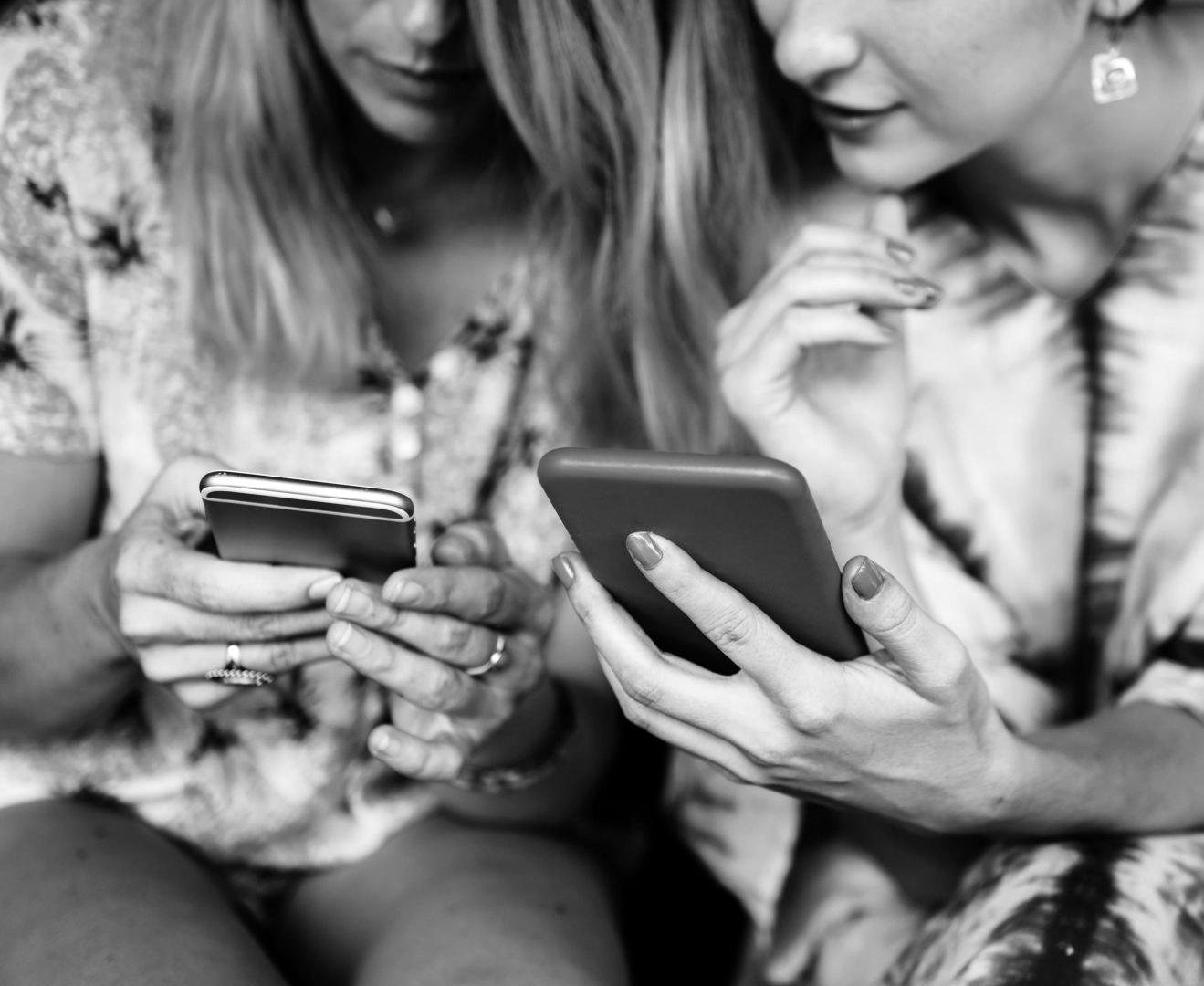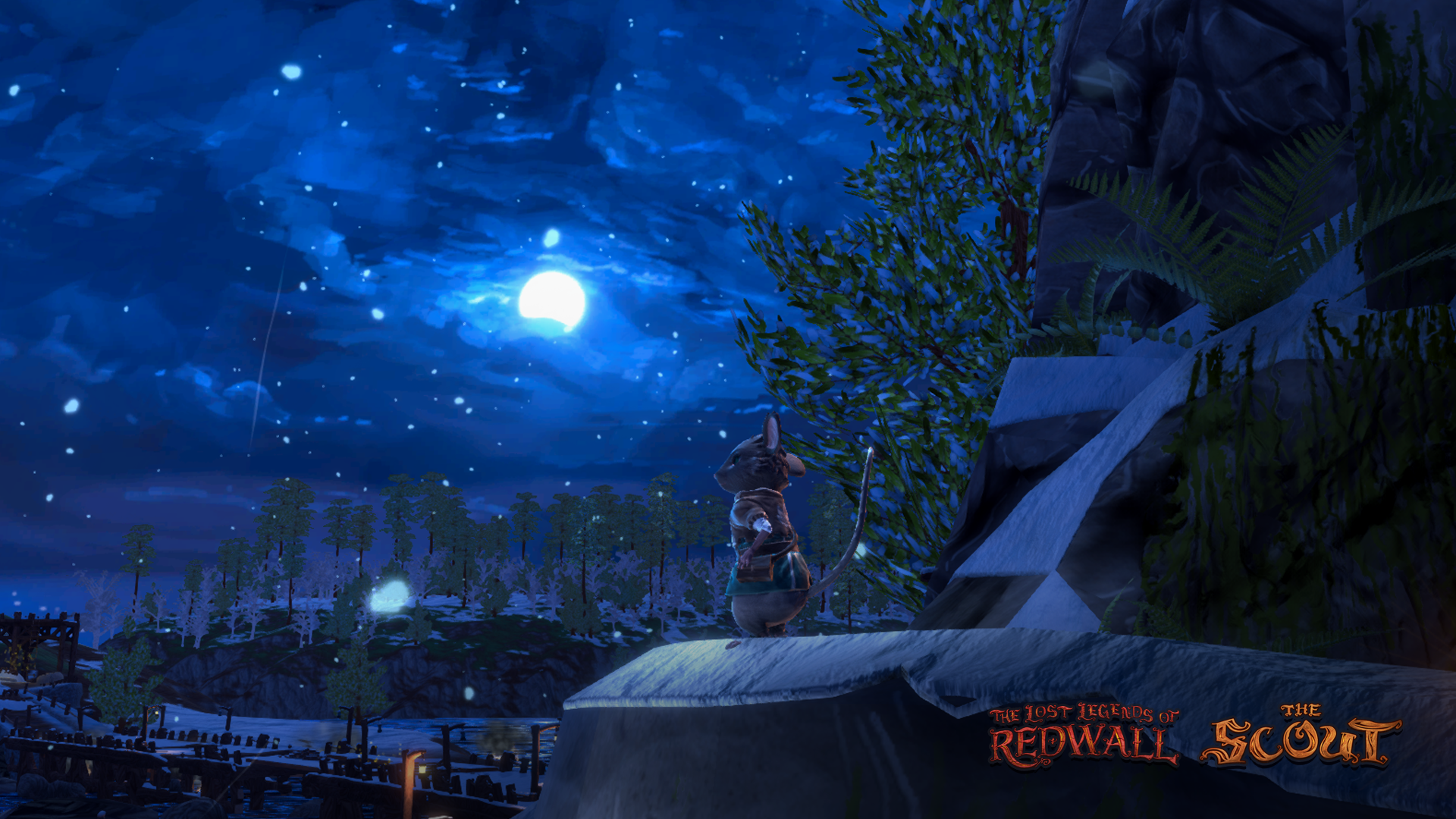Social media is a new beast. And although most of us use it on a regular basis, one of the problems of new beasts is that they’re still kind of wild. We don’t have a set of rules yet. There’s no Emily Post for Facebook, which means that social faux pas happen every which way to Sunday, to the great dismay of many relationships. Most of this, I think, is because different demographics started using social media at different times. A lot of people (myself included) started on Facebook when it was college-students only, which meant that an online culture developed among a whole demographic — all of whom were around the same age.
Then our parents got access, and totally weirded everyone out expanded the community in a beautiful way. But there was, naturally, a culture gap. They didn’t necessarily ‘speak the language’ at first. Eventually, a lot of those cultural gaps have been smoothed out — most people learned not to TYPE IN ALL CAPS FOR EVERYTHING or post naked baby pictures (or baby announcements) without said appropriate permissions. But, as social media has crept across pretty much every culture and demographic, there are more and more of these gaps becoming apparent. It’s hard to remember that this is an extremely public form of expression, and that you can come across very differently with text on a screen than you do in person — even the most respectable among us can easily be made a fool. So, in the interest of bringing a little more dignity to our online community, may I suggest we all agree to follow a few of the following ‘social norms’, as it were. Maybe then social media will become a little more Emily Post, and a little less Wild Wild West.
How to Behave Yourself on Social Media:
1 ) When commenting, keep it related. And brief. And not too personal. Here’s the thing: If you want to talk to that person about something unrelated to their post, or you’re tempted to write a comment of essay-length proportions, or you want to reference something extremely personal — put it in a message. Comments are public, and not just to your friends, but to all their friends — and all the friends of everyone who comments. See how quickly your normal audience of 300 spikes to thousands with just one click? Do you really want to use that space to embarrass your friend? Because, trust me, they will be embarrassed if you take four hundred words to complain about something totally unrelated to their post, or call out something super personal. Picture it like this: A post is like someone standing on a stage. If you’re commenting, you’re in the crowd, not in a private room with them. Even worse, you can’t know how big the crowd is, or who’s in the crowd, or what they’ll say, but most importantly? You’re not on stage. You can still contribute, of course — with cheering if it’s a concert, or questions if it’s a press conference — but you wouldn’t start yelling the Ghettysburg address, would you? No. Because you’re not on stage, and chances are the Ghettysburg address has nothing to do with who is onstage. If you want to really talk to them, get backstage pass (aka: your messaging app).
2 ) If you’re counting likes, it’s time to take a break. Okay, this one doesn’t apply if you’re an actual business using social media to drive sales, and you’re systematically testing your analytics. But otherwise? Don’t count your likes. Just don’t do it. I completely understand the temptation, of course — I’ve been there. It feels SO GOOD when people like, heart, or even (gasp!) share your posts, but counting the numbers is a dangerous rabbit hole to fall down — and it tends to make us act like that desperate loud guy no one likes at parties. Don’t succumb. Because then, the comparison train starts, your self-worth starts to feel tenuous, and you open yourself up to feeling terrible. And for what? If it doesn’t affect your business, who really cares whether your post convinced a certain number of people to click on a cartoon button? Does that really matter? No, I submit; no, it does not. You are worth more than your social media posts. You are a person who sits in the sun and reads books and gives hugs; you are a person with a family and goals and jokes! Don’t lose sight of that for some vague, screen-level approval. As the saying goes: The amount of “followers” you have doesn’t matter: Hitler had four million; Jesus had twelve. If you find yourself tempted, or obsessively following those numbers — log off for a while. Take a break. You’re better than that.

3 ) No name-calling! This is a preeettty basic kindergartener rule, but as we all probably have noticed, it still needs to be said. Don’t resort to petty, snide remarks or name-calling. We teach our kindergartners this for a reason. Name-calling doesn’t just shut down dialogue and make other people feel like crap, it also makes you look painfully unintelligent (I would say it makes you look like an ‘idiot’ but I’m trying not to name-call). But seriously, name-calling shows everyone you’re a bully, hiding behind a screen for protection. Not exactly a flattering look. And, sorry if this comes as a shock, but no one thinks you’re cool or funny when you drop nasty remarks. Be respectful! It’s completely possible to profoundly disagree with someone, dislike them, or be furious at them, without resorting to such lows. And no, it doesn’t matter if someone else starts it — that’s also a pretty basic kindergartner rule. Don’t stoop to their level. You’re better than that.
4 ) Don’t just take; share! We all know that one person (okay, many many persons) who blows up your timeline with pleas to buy their product, or join their group, or contribute to their cause. They’re using social media for promotion, and thaaaat’s about it. There’s also the person who shares vague, emotionally questionable posts for the sole reason that they want you to feel bad for them, or ask what’s wrong, or tell them nice things. Then you’ve got the person who only posts about HOW AWESOME THEIR LIFE IS, how amazing their bod looks in the gym, how sweet their kids are, and how successful they feel!
What do all of those types of posts have in common?
They’re taking, not sharing. Sure, it might feel like sharing — especially that last one. But my friends want to know about my promotion! Yeah, they do, sure. But the reality is, if you’re posting these things, it’s because it makes you feel good. It’s for your benefit, not for anybody else’s. Now, let me clarify: None of those things, on their own, are bad. It’s okay to want to feel good. You have something to promote? Great! Post it! You need some emotional support? Please do share and connect with your community. You’re proud of your job? Awesome! Tell us all about it!
BUT (you knew there was going to be a but, right?): Don’t let that be the only thing you post. Enjoy the benefits of social media; post things that make you feel good. But also post things that will make other people feel good. Give other people support. Share things that they’ll be interested in. Link to other people and promote other friends’ content, not just your own. Consider how your extremely public posts can edify and build up your community, and try and add some more joy and love in the world. Otherwise you’re just taking.
5 ) Remember How Public This Is. Think of your favorite 13-year-old. Now think of your favorite grandma, or sweet little auntie. Now picture both of them reading whatever you’re about to post, huddled up together next to the computer, reading your words with wide, frightened eyes. They don’t have the benefit of any context from you, remember. No expression, no tone of voice, no explanation; they just have those words you typed up, glaring up at them and draped in blue light. Imagine yourself running up to this person, saying those words directly to their face, and then running away. How do you think they’d respond? Did you make them cry? Did you make them confused in a negative way? Did you make them feel like they couldn’t ask you about what you’re saying, like they would never be able to talk to you about this? If so, congratulations, you have officially become the yelling drunk in a bar who doesn’t let anyone respond to him and who spouts off random sentences for his own (and no one else’s) enjoyment. Don’t be that guy. Your words are public, and they matter. I see too many people post sarcastic, biting, or nasty things all for the sake of a ‘joke,’ and excuse their behavior with a shrug and a “Well, no one reads my posts anyway!” Oh, hell no. You don’t get that excuse if your profile and/or comments are public, because, newsflash, public means anyone can read it. So don’t use it. Post for your friends, sure; but also remember that everything you post for your friends will show up on your best buddy’s baby sister’s timeline. Be nice to your best buddy’s baby sister, okay? She’s thirteen and dealing with enough middle school drama.
Social media can be a minefield of stress and disaster — this year has made that all the more prevalent. But it can also be a beautiful, uplifting tool, if we use it that way. There’s amazing potential there, and your contribution affects the outcome. So take a look at your last ten posts or comments, and ask yourself: Are you making people’s lives better? Or are you adding to the minefield?
Comment below if you think I missed something; as social media grows and develops, so should this list! What rules or behaviors would you like to see more prominently on your timeline?








